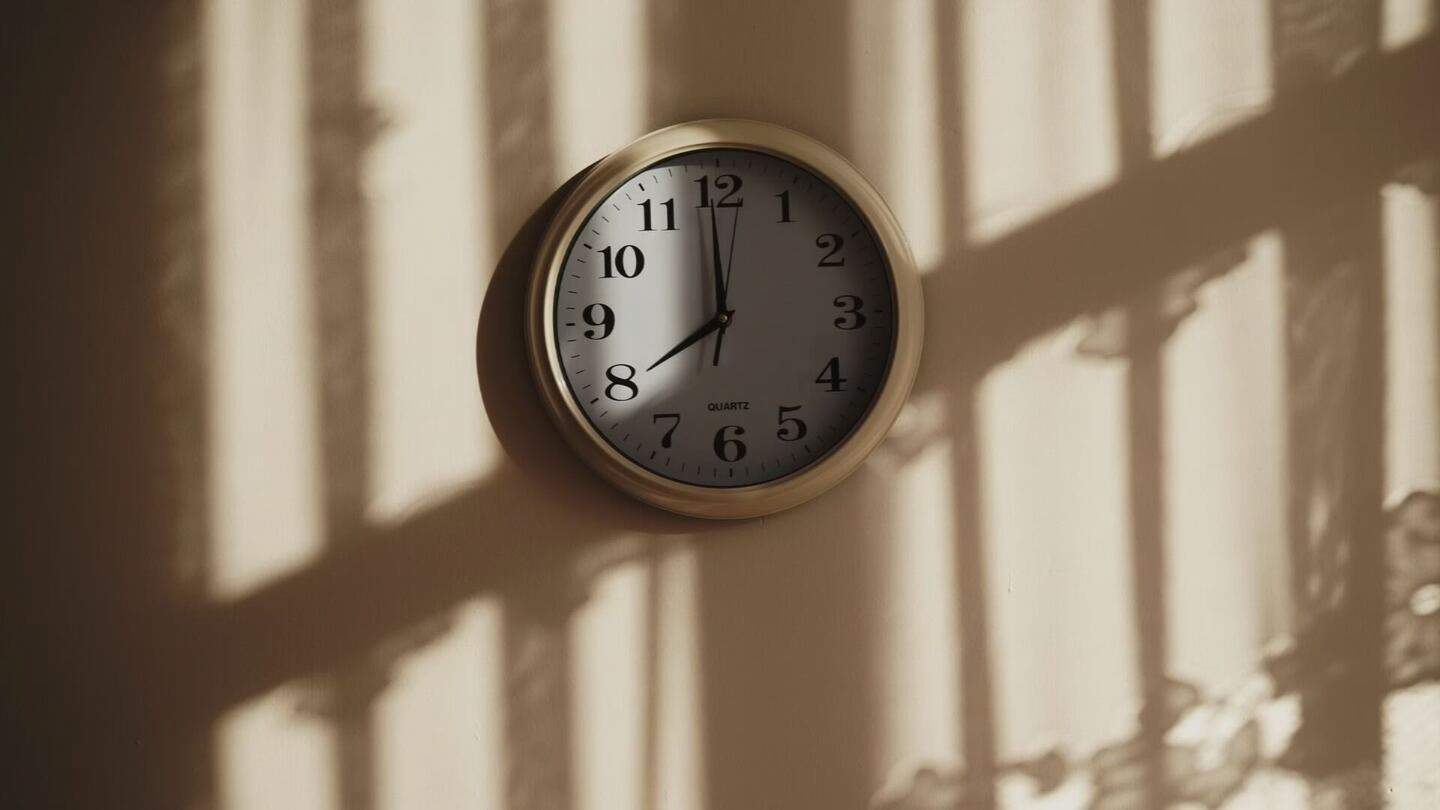WASHINGTON — Imagine a time when we wouldn’t have to dial back our clocks or spring them forward ever again, and not have to deal with it getting dark outside so early in the afternoon in the fall.
That is the intent of the bipartisan Sunshine Protection Act, a bill that would make daylight saving time permanent in the United States, calling for an extra hour of sunlight all year long.
Senators Ed Markey, a Massachusetts Democrat, and Marco Rubio, a Florida Republican, cosponsored the bill, which has been proposed during several sessions of Congress and was first introduced in the Senate in 2018.
Daylight saving time ends at 2 a.m. local time next Sunday, Nov. 3, which means you should set your clock back an hour before you go to bed. Standard time will last until March 9 when we will again “spring forward” with the return of daylight saving time, The Associated Press reported.
In March 2022, the Sunshine Protection Act unanimously passed the Senate. It was unclear Wednesday whether the bill would pass the House.
On Wednesday, Markey and Rubio again called for the passage of their bill to stop the twice-yearly process of changing clocks in the spring and fall.
“This head-spinning ritual of falling back and springing forward has gone on long enough,” Markey said in a statement.
“It isn’t just a nuisance — changing our clocks also has a very real impact on our economy, our health, and our happiness,” Markey said. “More sun means more fun, so let’s pass the Sunshine Protection Act, which would make for brighter days year-round.”
Rubio, meanwhile, called the practice “ridiculous” and “antiquated.”
“It’s time to lock the clock and stop enduring the ridiculous and antiquated practice of switching our clocks back and forth,” Rubio said in a statement. “Let’s finally pass my Sunshine Protection Act and end the need to ‘fall back’ and ‘spring forward’ for good.”
As part of the Energy Policy Act of 2005, then-Representative Markey and Congressman Fred Upton, a Michigan Republican, amended the Uniform Time Act of 1966, extending the duration of daylight saving time in the spring by changing its start date from the first Sunday in April to the second Sunday in March, and in the fall by changing its end date from the last Sunday in October to the first Sunday in November.
In 1985, then-Representative Markey also partnered with Congressman Carlos Moorhead, a California Republican, to extend daylight saving time by three weeks by changing the beginning of daylight saving time from the last Sunday in April to the first Sunday in April.
Most of the country and about 40 percent of the world use daylight saving time. However, two states — Arizona and Hawaii — and several territories don’t fall back or spring forward with daylight saving time.
This is a developing story. Check back for updates as more information becomes available.
Download the FREE Boston 25 News app for breaking news alerts.
Follow Boston 25 News on Facebook and Twitter. | Watch Boston 25 News NOW
©2024 Cox Media Group









